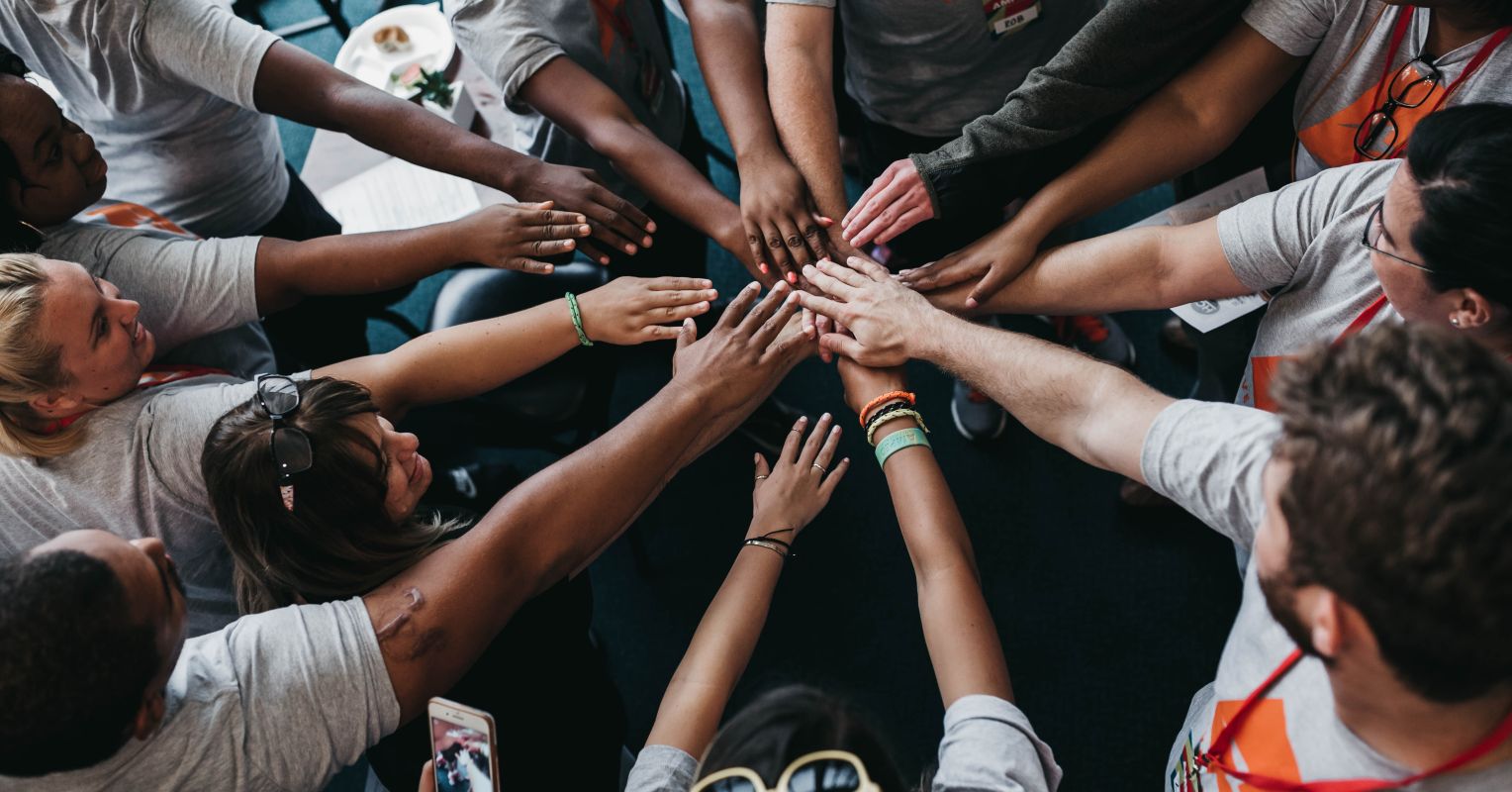
A little over 115 years ago, Francis Galton traveled to a county fair in rural Britain. He went to observe a particular contest in which people were asked to guess the weight of a live cow once it had been dressed and butchered in order to win a prize. That day, nearly 800 entered, but nobody won. At first, this seemed to confirm Galton’s view that “common people” were not that bright. If none of them could answer this question correctly, how could they be expected to make wise decisions that were much more consequential, like who should lead a country (a sidenote here, I doubt most people, regardless of IQ could have guessed the right answer, but nevertheless...). But when Galton took all the guesses and averaged them, he found something shocking: The median (some say the mean) of their guesses was correct to within a few pounds (Galton, 1907; Surowiecki, 2005). Galton had discovered empirical evidence for the wisdom of the crowd.
In the years since, this phenomenon has been demonstrated in numerous contexts. Crowds are not just good at guessing the weight of animals but also answering trivia questions, and even can be helpful in locating lost submarines (Surowiecki, 2005). One analysis of the long-running game show, Who Wants to Be A Millionaire, which famously contained an option to poll the studio audience if a contestant was stumped, found that the answer chosen by the majority of the audience was right an astonishing 91 percent of the time. (Surowiecki, 2004). Individually, we might not be great at these tasks, but if you get enough people together and pool their answers, then our judgment turns out to be pretty darned good.
Prediction markets, which have become increasingly common in recent years, aim to forecast everything from who will win elections to when new products will launch. Controversially, in the wake of the 9/11 attacks, the US Department of Defense once established such a market to try to predict, among other things, the occurrence of terrorist attacks (CNN, 2003). All of these markets are premised on the idea that harnessing the wisdom of crowds can enhance our ability to forecast the future. In fact, a recent study using a prediction market composed of psychological scientists found that the market’s predictions of which published psychological findings would be successfully replicated were accurate 71 percent of the time (Dreber, et al., 2015). Another recent study found that a random sample of Americans performed comparably to over 100 teams of social scientists when asked to forecast COVID’s societal impacts, although it’s worth noting that in that case, both groups were fairly wide of the mark (The Forecasting Collaborative, 2023).
Why and When are Crowds Wise?
In his influential book, The Wisdom of Crowds, James Surowiecki argues that aggregating guesses or opinions of large numbers of people leads to more accurate answers because individuals tend to possess unique and specialized knowledge. If you’ve ever played pub trivia with a team, you’ve probably noticed that your friends have different strengths. The person who knows most about pop music isn’t necessarily the one whose answers you want to trust when the category is geography, and vice versa. When our diverse knowledge can be pooled, we’re more likely to arrive at the right answer. Interestingly though, demographic diversity by itself does not always enhance crowd wisdom, according to a series of studies by De Oliveira and Nisbett (2018).
Contrary to some theories of how crowd wisdom works which hold that it occurs only when individuals don’t influence each other (i.e. Surowiecki, 2005), recent work also finds that giving people a chance to consult with others after making initial guesses and then the opportunity to revise their estimates tends to enhance wisdom-of-crowd effects and that it’s possible to get similar gains in accuracy with a smaller group of people under these conditions (Navajas, et al., 2018).
Harnessing the Inner Crowd
So, let’s say you want the benefit of a crowd’s wisdom, but no crowd is handy. What to do? Well, recent work suggests that sometimes an “inner crowd” may help to achieve similar benefits. In an analysis of three competitions run by a casino in the Netherlands, researchers found that averaging the guesses of participants who made multiple guesses about how many coins or diamonds were in a large container led to more accurate estimates and that this effect was stronger the more guesses an individual made (van Dolder & van den Assem, 2018).
Conclusion
Taken together, over 100 years of research suggests that there often is “wisdom in the crowd.” So, the next time you see a contest to guess how many jelly beans or sprinkles are in a jar—if you want to win the prize—you might consider seeing if you can poll some acquaintances. Or, maybe just make a bunch of guesses yourself and go with the average. Either way, you should be more likely come to out on top. And if you do this give this a try, let me know. I’d be curious to hear how it turns out.
"crowd" - Google News
May 09, 2023 at 05:23AM
https://ift.tt/psxL8ZS
Learning From the Wisdom of the Crowd - Psychology Today
"crowd" - Google News
https://ift.tt/Q5yXSbj
https://ift.tt/nRBvsZO
Bagikan Berita Ini














0 Response to "Learning From the Wisdom of the Crowd - Psychology Today"
Post a Comment